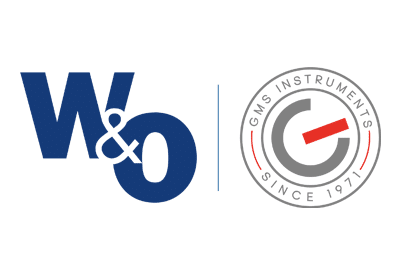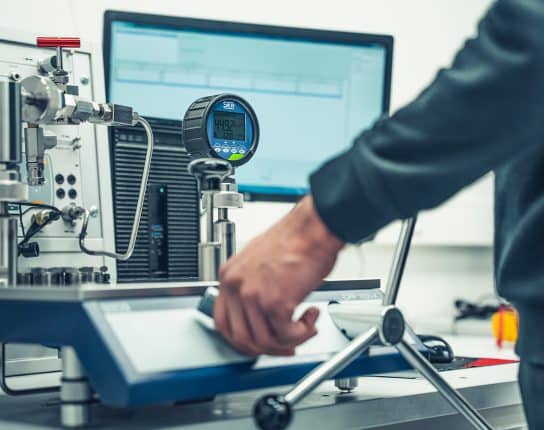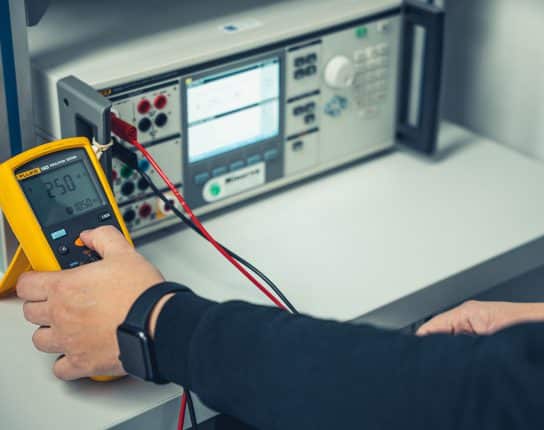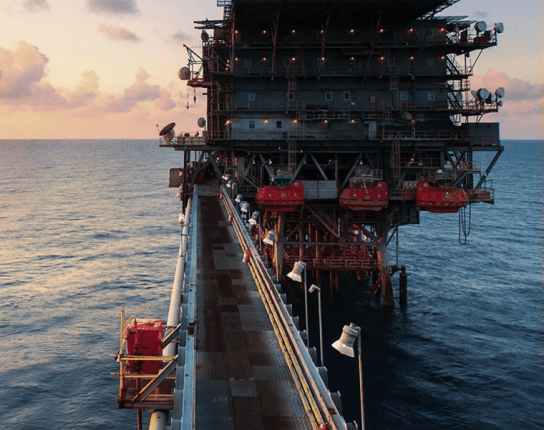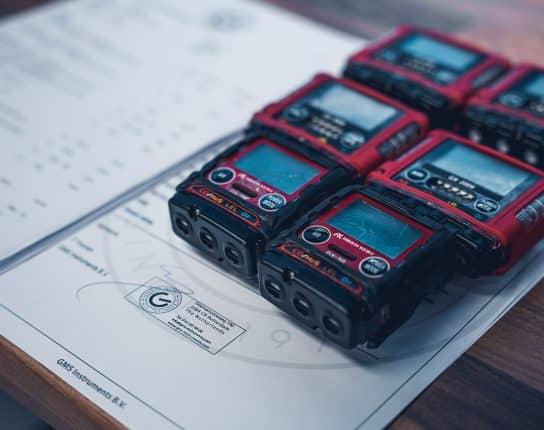
3-steps to Sustainable Shipping
Sustainable (inland) shipping is more important than ever. With the new Paris climate agreements on reducing global emissions, and due to the high oil prices, making your fleet greener is a hot topic. Or must it be a cold topic… Nevertheless, we give you three solutions to create sustainable shipping within your fleet.
Sea and inland vessels are becoming more energy-efficient and sustainable with every new ship being built. The shipping industry will use renewable energy sources such as wind and solar energy shortly, and renewable shore power is set to replace diesel generators. But until then, subsidised projects such as the CLINSH project, initiated by a European consortium promoting clean inland waterway transport, try to create the extra push for development and green and sustainable shipping.
We try to help shipowners as shipyards with our assortment to make their fleet greener. In this blog, we highlight three products that can contribute to more sustainability:
- Premet M / Premet X
- LNG-approved instrumentation
- Aquametro VZF flowmeters
Reducing fuel consumption
Reducing the fuel consumption on board is the first and quickest win you can get in your goal towards sustainability. It’s a simple formula; when less fuel is consumed, less harmful emissions are produced, and savings on fuel consumption are due to the more efficient usage. So there is both cost efficiency and a more eco-friendly way of shipping created by reducing fuel consumption.
To create a reduction in fuel consumption onboard of both inland- and sea vessels, CM Technologies developed the PREMET M and PREMET X. Both PREMETs were recently launched by CMT and are top-of-the-line when it comes to diesel performance analysers. The PREMETs help you balance the cylinder load, optimise injection timing and detect worn or damaged engine components, thus reducing the engine’s operating cost.
Balancing the cylinder load helps extend engine life, increase efficiency, reduce fuel consumption, and reduce emissions to assist with environmental compliance. Accurate ignition timing reduces exhaust gas temperature and, with that, excess carbon build-up. Tuning your vessel’s engine reduces specific fuel oil consumption (SFOC). SFOC measures the mass of fuel consumed per unit time to produce per KW. For each degree that the ignition is adjusted, SFOC increases by approximately 2%. So when optimising your SFOC, you are optimising the fuel consumption/power ratio—resulting in a reduction of fuel consumption onboard.
Using LNG engine instead of fuels
Another way of creating more sustainable shipping is by sailing on LNG. Natural gas in a liquid state is called LNG. When the LNG is kept below 160°C, it maintains its liquid form and is an excellent green alternative to fuel. However, as the DNV mentioned in their maritime insight column, one of the biggest challenges for LNG fuelled vessels is finding the most efficient use of a vessel’s available space for the fuel tank and the associated systems. LNG storage onboard needs more space than conventional fuel oil storage. This need for space is because LNG has a lower energy density than fuel oil and requires a larger tank to provide the same operational range. In addition, due to the low temperature of LNG, the tank insulation and handling of gas needed systems additional space is required.
Special instrumentation is required when using an LNG engine onboard a vessel. So, all the instrumentation close to the tank or engine must be ATEX certified. For instance, the IS-3 pressure transmitter by WIKA is specially designed to be placed in hazardous areas. For more information about ATEX instrumentation, reach out to one of our specialists.
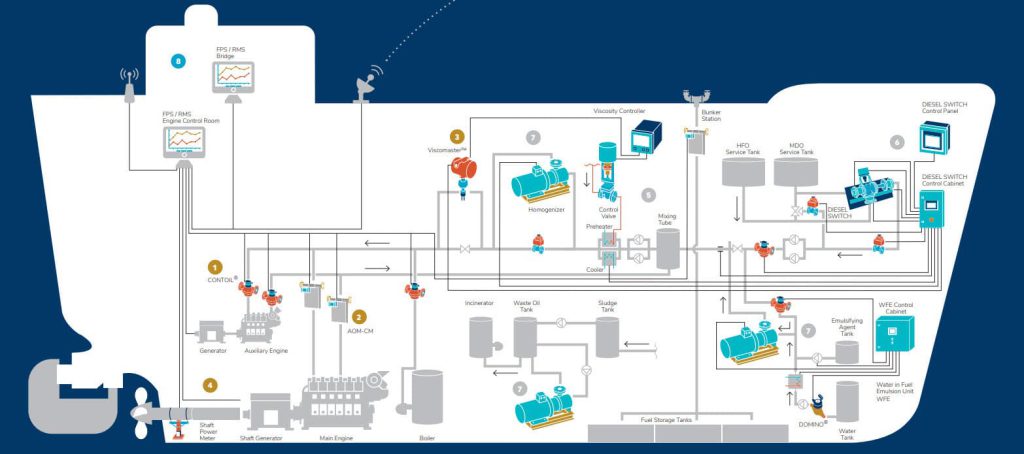
Measuring flow for more sustainability
Finally, the most simple and easiest way is to create a greener and more sustainable fleet, measuring flow. Knowing how much passes through the pipes within the ship from point A to B, the more you know how you can adjust and tweak the systems for optimal usage and consumption. The Aquametro Controil VZF is a premium quality, Swiss made flow meter for use in maritime applications.
Of course, there are various ways to make your fleet more sustainable and greener—Variating from minor adjustments to the instrumentation up to the engine or shape of the vessel. The solutions above are just a few examples of how GMS Instruments can contribute to making shipping more sustainable. For more information, reach out to our specialists, or subscribe to our newsletter to stay updated.
Related
More of the same